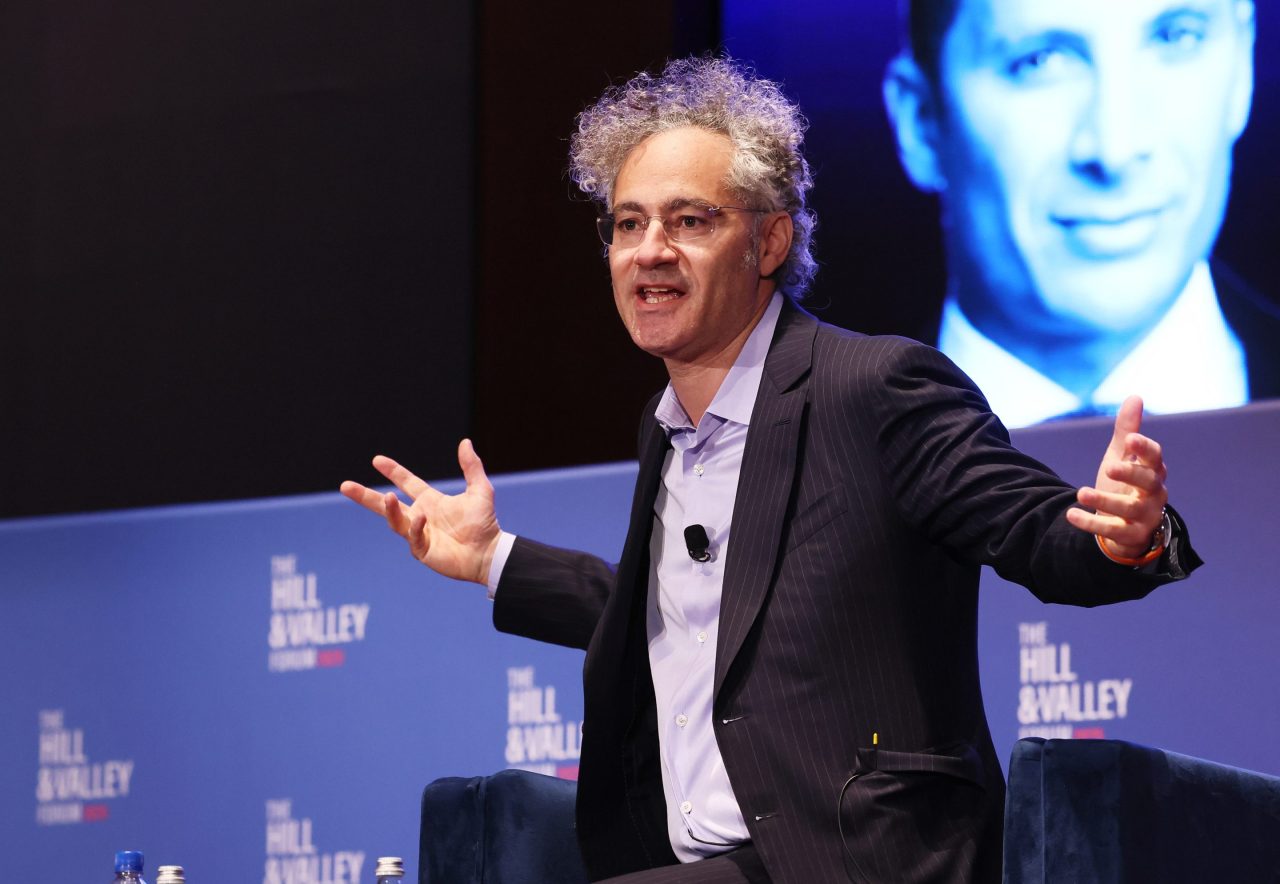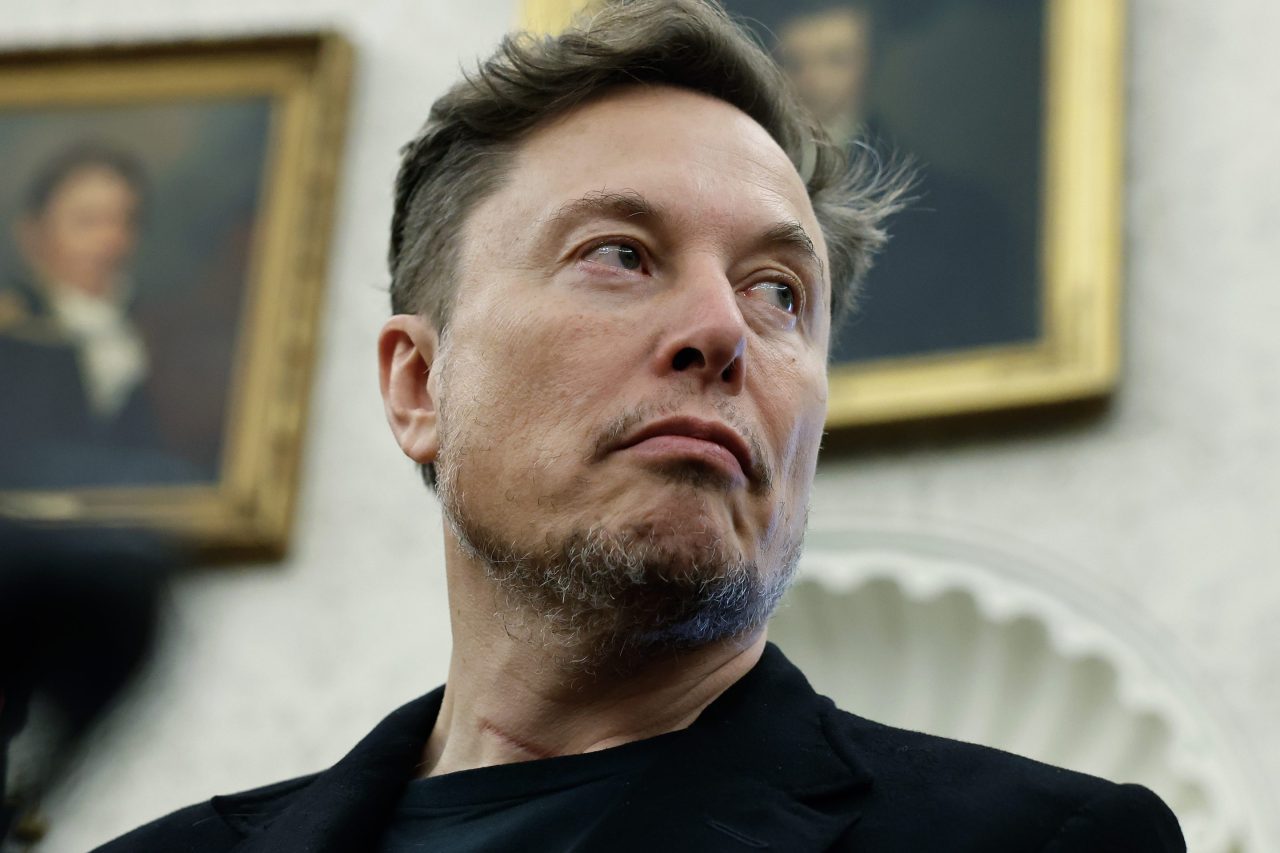Introduction
In a plot twist worthy of a tech drama, Palmer Luckey — the outspoken founder of Oculus — and Mark Zuckerberg — the CEO of Meta — have officially buried the hatchet. Their long-standing feud, which stemmed from Luckey’s controversial political involvement and dramatic exit from Facebook (now Meta), is finally over. But this reconciliation isn’t just personal; it’s profoundly strategic. The two tech visionaries are uniting for a purpose that’s reshaping the landscape of Silicon Valley: the booming business of military technology.
From AI-powered drones to mixed reality training platforms, the defense sector has become Silicon Valley’s newest frontier. Once considered taboo among tech circles, military collaboration is now not only accepted — it’s encouraged and extremely profitable. This article dives deep into the rekindled alliance between Luckey and Zuckerberg, what it means for the future of tech and defense, and how Silicon Valley is fully embracing its new love affair with the military market.
A Brief History: The Rift Between Palmer Luckey and Mark Zuckerberg
Oculus and the Facebook Acquisition
Palmer Luckey made headlines in 2012 when he developed the first Oculus Rift prototype — a device that would kickstart the modern VR revolution. In 2014, Facebook acquired Oculus VR for $2 billion, signaling the company’s ambitious push into immersive technologies.
But the honeymoon didn’t last long.
The Controversy and Fallout
In 2016, Luckey’s political donations and support for a pro-Trump meme group led to public backlash. Facebook faced internal and external pressure, ultimately resulting in Luckey’s quiet departure in 2017. Many believed Zuckerberg wanted to distance Facebook from political scandal, and Luckey became a symbol of Silicon Valley’s culture wars.
Years of Silence
For years, the two innovators avoided any form of public reconciliation. Luckey went on to found Anduril Industries, a defense-tech startup, while Zuckerberg rebranded Facebook into Meta, doubling down on virtual and augmented reality. The industry watched as their paths diverged — until now.
Why Now? The Military-Tech Convergence
The timing of their reconciliation isn’t coincidental. The military market has emerged as a high-growth, high-demand sector, attracting billions in investment. Between 2020 and 2025, the global defense tech industry is projected to grow from $72 billion to over $100 billion.
Key drivers behind this trend:
- National security concerns in an increasingly unstable geopolitical climate
- Demand for autonomous systems and AI-powered surveillance
- The Pentagon’s renewed focus on next-generation warfare
- Government initiatives to engage commercial tech firms
From Big Tech to Big Defense
Both Meta and Anduril have technologies directly applicable to military use:
- Meta’s AR/VR platforms are ideal for combat simulations, battlefield communication, and soldier training.
- Anduril’s AI-driven defense systems include drone surveillance, border security solutions, and autonomous weapons integration.
A tech reunion between Luckey and Zuckerberg represents a powerful alignment of innovation, influence, and intent — aimed squarely at defense contracts worth billions.
Palmer Luckey’s Rise in Defense Tech
The Birth of Anduril Industries
After his controversial exit, Luckey channeled his energy into Anduril, which he co-founded in 2017. The company positioned itself as a countercultural alternative to traditional defense contractors, using cutting-edge Silicon Valley tech to disrupt old models.
Key products include:
- Lattice AI platform: Powers surveillance towers, autonomous drones, and battlefield intelligence.
- Ghost drones: Small, quiet UAVs used for recon missions.
- Sentry Towers: Deployed at the U.S.-Mexico border for autonomous surveillance.
By 2024, Anduril had secured over $2 billion in contracts with the U.S. Department of Defense and allied militaries — cementing its place in the future of war.
Zuckerberg’s Meta and the Military Metaverse
While Meta hasn’t been as overt in its military ambitions, the U.S. Army’s $22 billion contract with Microsoft for HoloLens opened the door for other tech giants to follow suit. Meta’s work in:
- Mixed reality (MR)
- Haptic feedback systems
- Virtual avatars and real-time spatial mapping
…positions it well for similar defense applications. With Luckey’s influence and Anduril’s existing Pentagon ties, Meta could soon become a preferred supplier for immersive defense tech.
A Strategic Alliance: What the Reunion Means
1. Fast-Tracking Military Contracts
By aligning Meta’s immersive hardware with Anduril’s defense infrastructure, the companies could offer turnkey solutions — from battlefield simulations to command center interfaces.
2. Redefining Public-Private Partnerships
The two could spearhead a new model of collaboration between tech startups and the military, bypassing bureaucratic red tape and fast-tracking innovation.
3. Talent Magnet
As top engineers leave Big Tech for mission-driven startups, a joint venture or cooperative ecosystem between Meta and Anduril could attract the next generation of defense-tech talent.
Public Backlash and Ethical Dilemmas
Despite the momentum, not everyone is cheering.
Tech Employees Protest
Both Google and Amazon have faced internal revolts over their military contracts (e.g., Project Maven, Project Nimbus). Critics argue that commercial tech should not be used for warfare.
Civil Liberties Concerns
Anduril’s border surveillance towers and drone programs have sparked privacy debates, while Meta continues to struggle with public trust and misinformation.
The growing alliance between these giants raises new ethical questions:
- Who decides how AI is used in war?
- Should immersive tech be weaponized?
- Can innovation coexist with accountability?
The Future of Silicon Valley and Military Tech
Love it or hate it, the convergence of Silicon Valley and the defense industry is here to stay. With Luckey and Zuckerberg now seemingly on the same team, the pace of innovation in defense technology will only accelerate.
From autonomous combat systems to immersive training environments, their renewed alliance signals a power shift in the defense-tech ecosystem — one that could define the next decade of military and geopolitical strategy.
Conclusion
The end of Palmer Luckey and Mark Zuckerberg’s feud isn’t just a personal milestone — it’s a turning point for the entire tech industry. As Silicon Valley embraces its new romance with the military, partnerships like this will likely shape everything from the future of warfare to the ethics of technology.
One thing is certain: When two of tech’s most influential figures reconcile for a shared vision, the ripple effects will be felt far beyond Silicon Valley.




